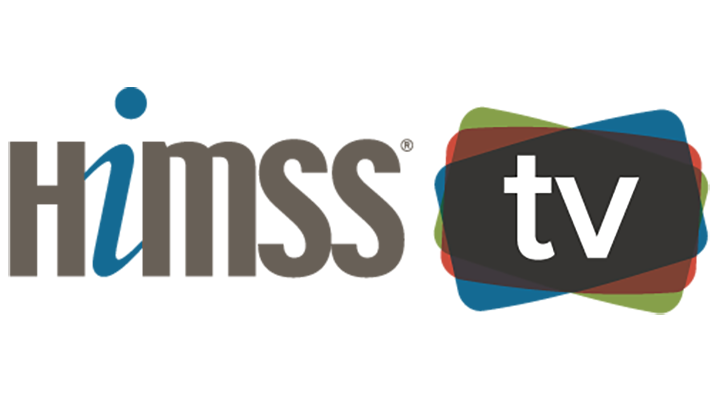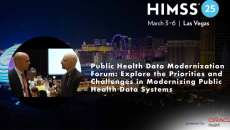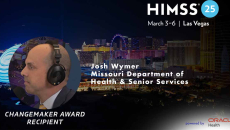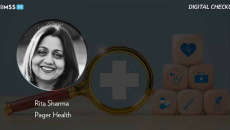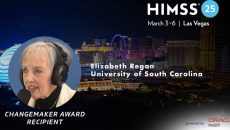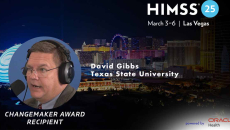HIMSS TV
Health IT leaders at the recent HIMSS25 Public Health Data Modernization Forum said pushing for more data, and more data exchange, is essential to keeping pace with a fast-evolving healthcare industry.
Josh Wymer, a HIMSS25 Changemaker, discusses his work with the Missouri Department of Health and Senior Services, including a statewide data project that brought together data from multiple locations and organizations.
Virtual environments can provide soothing, nonjudgmental healthcare experiences, leveraging AI-generated agents and immersive spaces, says Anca Petre, cofounder of MedShake Studio.
Clinical and technology leaders from leading health systems compared notes and learned together at the HIMSS25 AI in Healthcare Forum.
Rita Sharma, chief product officer at Pager Health, says health plans that are transparent and offer access to care and member benefits have great Net Promoter Score results.
The biggest hurdles in healthcare are rooted in how it is provided and IT is fundamental to process improvement, says University of South Carolina professor and HIMSS25 Changemaker Elizabeth Regan.
Femtech is helping reduce medical gaslighting by generating data that translates women's experiences into measurable health insights, says Ida Tin, founder of think tank Femtech Assembly.
The HIMSS Emerging Healthcare Leaders Task Force offers guidance and HIMSS membership to high school and college students. Texas State University associate professor and HIMSS25 Changemaker awardee David Gibbs describes the program's value.
An award for teaching CAHIMS and CPHIMS certification (Healthcare Information and Management Systems) to low-income urban students at community colleges was given to Monae Haskins, senior application analyst at Atlantic Health System in New Jersey.
As aging infrastructure, staffing shortages and rising expectations collide with transformative tech, healthcare leaders must anchor every strategic plan in tomorrow's possibilities rather than yesterday's models, says health futurist Zayna Khayat.
